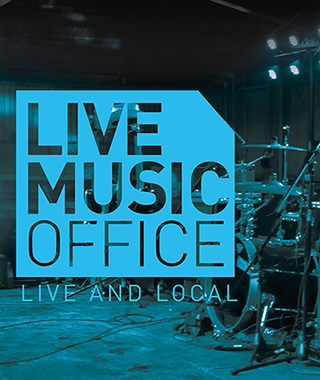Serious concerns remain as the NSW Government introduces the new licensing scheme for specified music festivals on 1 March 2019.
Under the Liquor Amendment (Music Festivals) Regulation 2019, it is now the role of the Independent Liquor & Gaming Authority (ILGA) to determine whether a festival would be more appropriately dealt with under a music festival licence than any other type of licence.
Visit the new music festival licensing scheme homepage
- Read the Music festival licence guidelines (PDF 177.5 KB) for more information about who needs to apply for a music festival licence, the decision process and how the licence works.
- See also Safety Management Plan in line with NSW Health Guidelines and the Safety Management Plan summary information provided in the music festival application form.
- Applicants will also need to consult with the Local Police Area Command, Local Health District and NSW Ambulance before lodging the application form.
Recent weeks have seen the music industry raise critical concerns about the new scheme with the NSW Government, including the following joint media releases:
NSW PREMIER DELIVERS FESTIVAL LICENSING FIASCO BY SMS
Will NSW be Australia’s first music festival-free zone
“We reaffirm our commitment to better safety at our festivals – but we won’t cop unfair and unreasonable regulations without consultation and which will damage the economic and social contribution our festivals make to the NSW economy in our cities and regional areas.”
With the Regulations commencing March 1, growing concerns are emerging over definitions, including that of what is a concert, which has featured in the Sydney Morning Herald :
A concert means a music-focused event that uses a single stage, is proposed to be held over a period of less than 5 hours and has not more than 2 headlining performers and not more than 4 performers in total, including supporting performers – where performer includes a group, band or act
And where
A music festival means an event, other than a concert, that:
(a) is music-focused or dance-focused, and
(b) has performances by a series of persons or groups that are engaged to play or perform to live or pre-recorded music, or to provide another form of musical or live entertainment, and
(c) is held within a defined area, and
(d) is attended by 2,000 or more people, and
(e) is a ticketed event.
Read the Liquor Amendment (Music Festivals) Regulation 2019
Last years NSW Parliamentary inquiry into the music and arts economy also made a series of findings and a recommendation around regulating genres, including the following:
- 7:22 (p152) The committee also considers that matters such as genre, number of persons on stage, direction of sound, and venue decorations, should not be regulated.
- 7.25 (p152) Matters such as banning live music, banning entertainment, the genre of music, the instruments, the number of musicians on stage, the direction the stage faces, the lighting or the way that venues are decorated should not be matters for regulation.
Under the Music festival licence guidelines, general indicative factors of a higher risk event that may also be taken into account include:
- Predominant target demographic of people aged between 18-29 years
- Music type being predominantly high energy and/or electronic dance music
